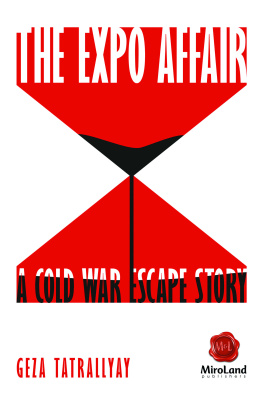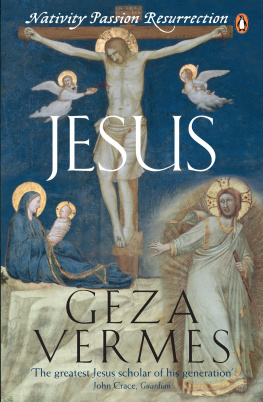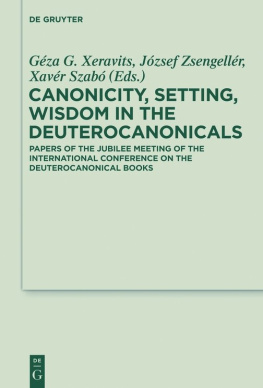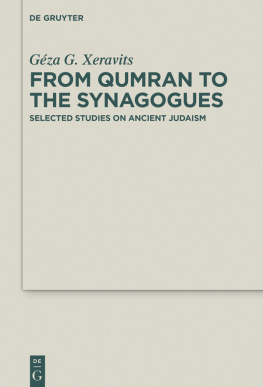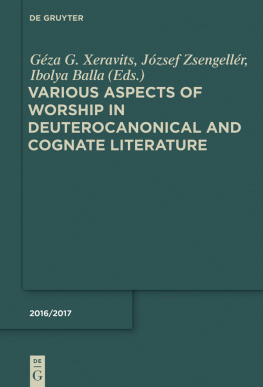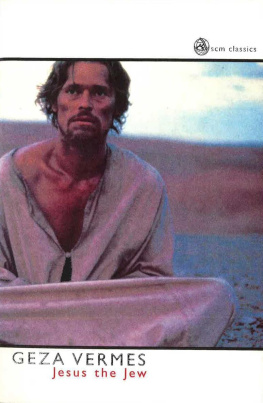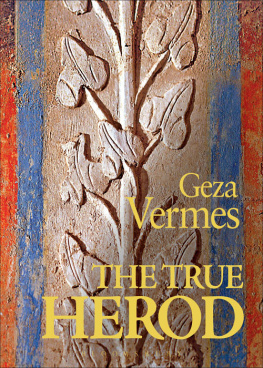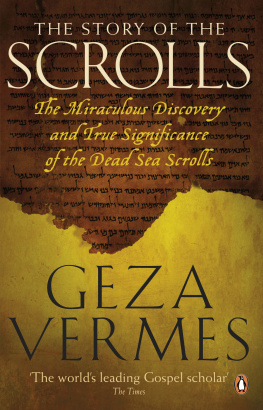GEZA TATRALLYAY
MIROLAND (GUERNICA)
TORONTO BUFFALO LANCASTER (U.K.)
2016
Copyright 2016, Geza Tatrallyay and Guernica Editions Inc.
All rights reserved. The use of any part of this publication, reproduced, transmitted in any form or by any means, electronic, mechanical, photocopying, recording or otherwise stored in a retrieval system, without the prior consent of the publisher is an infringement of the copyright law.
Connie McParland, series editor
David Moratto, cover and interior book design
Guernica Editions Inc.
1569 Heritage Way, Oakville, ON L6M 2Z7
2250 Military Road, Tonawanda, N.Y. 14150-6000 U.S.A.
www.guernicaeditions.com
Distributors:
University of Toronto Press Distribution,
5201 Dufferin Street, Toronto (ON), Canada M3H 5T8
Gazelle Book Services, White Cross Mills, High Town, Lancaster LA1 4XS U.K.
First edition.
Legal Deposit First Quarter
Library of Congress Catalog Card Number: 2015949362
Library and Archives Canada Cataloguing in Publication
Tatrallyay, Geza, 1949-, author
The expo affair : a cold war escape story / Geza Tatrallyay.
Issued in print and electronic formats.
ISBN 978-1-77183-123-9 (paperback).--ISBN 978-1-77183-124-6 (epub).-
ISBN 978-1-77183-122-2 (mobi)
1. Tatrallyay, Geza, 1949-. 2. Defectors--Czechoslovakia. 3. Canada-
Politics and government--1968-1979. 4. Expo (International Exhibitions
Bureau) (1970 : Osaka, Japan)--Canada--Employees--Biography.
5. Authors, Canadian (English)--21st century--Biography. I. Title.
PS8639.A875Z465 2016 C813.6 C2015-905891-0 C2015-905892-9
Guernica Editions Inc. acknowledges the support of the Canada Council for the Arts and the Ontario Arts Council. The Ontario Arts Council is an agency of the Government of Ontario.
We acknowledge the financial support of the Government of Canada.
Nous reconnaissons l'appui financier du gouvernement du Canada.
I would like to dedicate this book
to the memory of Major-General George Kitching,
a remarkable leader and human being.
The Flower of Salvation
I loved you
when I brought you
the flower of salvation.
You were crying
and in need.
I searched
sky sea
earth
for that one flower
dared witches
dragons and bears
and impossible machines.
And I found it.
But I did not win
for when I brought it to you
you cried
and it wilted.
And now
those witches
dragons and bears
and impossible machines
have cast a spell on you.
You are in a cage
And only death will free you.
Seoul, June 3, 1970
Foreword
T HE EXPO AFFAIR is a true story.
Perhaps some of the details may have become embellished through frequent retelling or exaggerated for dramatic effect, and the dialogue, of course, has had to be reconstructed but the events, the characters, the drama, the emotions were all there, much as depicted. As youthful and nave Canadians, hosts and hostesses at the Ontario Pavilion at Expo 70, we did get a glimpse of the brutality and inhumanity of the Soviet Empire and the senselessness of the Cold War, while working and playing in the exotic, international setting of a worlds fair in Japan.
______
It is important to remember the context of time and place.
The story starts in 1968, but unfolds mainly in the first half of 1970. This was the height of the Cold War, with brutal conflict taking place in South East Asia between American troops and Communist Viet Cong forces. In many cities in North America, Western Europe, and in Japan itself, there was much discontent, which at some universities bordered on open rebellion. Student life in the west was characterized by academic and sexual freedom and experimentation, and the widespread use of drugs. Broader society wrestled with these forces, and was undeniably influenced by them. The events that led up to, and the massacre at Kent State, happened at exactly the same time as Expo on the other side of the world.
Within the Soviet Empire too, there were rumblings. Most poignantly, the very late-sixties were marked by the nascent freedom and openness of Dubceks Prague Spring, crushed by Russian tanks as Stalinist-style oppression and terror were re-imposed on the errant country.
As for Japan, despite its remarkable economic progress during the sixties, it was essentially still a closed society at the time of Expo 70: the foreign staff at the fair constituted the most significant invasion of gaijin living on Japanese soil over an extended period of time since the post-World War II American occupation. The hosts and hostesses of the pavilions from all over the world were mostly young twenty-somethings burning with energy, activity and curiosity. Most foreign staff members were housed in Higasi Mati, a village of apartment blocks purposely built for Expo, to keep us out of trouble and, as we later learned, for the Japanese authorities to be able to observe and study us like guinea pigs in a laboratory. Our telephones were tapped, and Japanese officialdom seemed to know what we were doing most of the time. They had never seen anything like it, and in spite of all their preparations, were still no doubt shocked and surprised.
______
Expo 70 was a unique, life-changing experience for all of us representing Ontario, but all the more so for me because of the heart-rending approach by some of the hostesses in the Czechoslovak Pavilion to defect to Canada. That is what The Expo Affair is about.
Now that the Cold War is well behind us, and there are other dangers threatening the international environment most particularly a resurgent rogue Russian state under Vladimir Putin it is worth revisiting that divide, and the brave attempts of some to bridge it or broach it, to gain the freedom that we take so much for granted. I am honoured to have been involved in meeting their reaching out, and to write down the story of the bravery of those young women, before it is forgotten.
Most of the main characters are still alive as I write, though no doubt close to career end, so I hold back little. I tell the tale as I remember it (or perhaps, in certain instances, want to remember it), so if any of the characters or events are distorted, the fault of course is all mine, and I extend my apologies.
In the Epilogue and an Afterword, I briefly indicate what has become of the individuals who played a role in the story.
And now for the telling...
Chapter 1
I T WAS MY brother, Peter, who put me up to it.
We were sitting around the table a couple of days after Christmas, exhausted from the protracted festivities. There were a few slices of walnut and poppy seed roll beigli, the delicious traditional Hungarian Christmas dessert still left on the family silver platter that had been smuggled out from behind the Iron Curtain the year before by my grandmother, but we had gorged ourselves and had no more room. It had snowed that morning, and it was the holidays, so no one had any urgent reason to get up from the table. We were lingering, and my parents were probing our plans for the summer and beyond.

